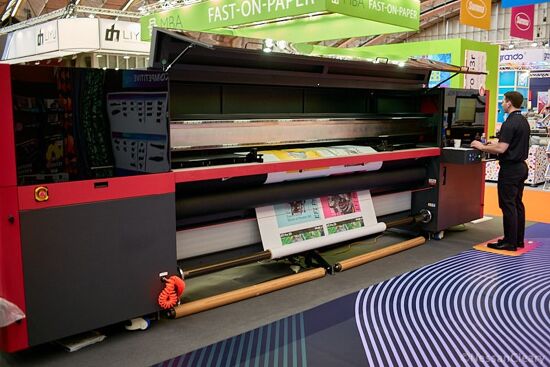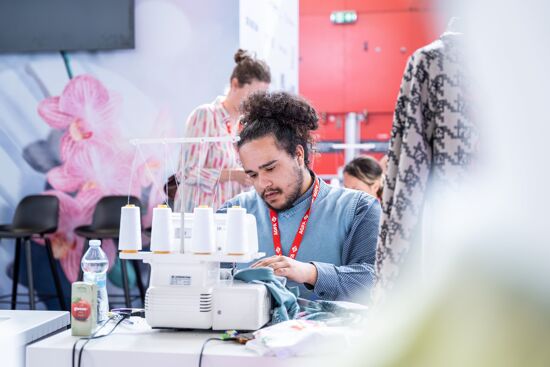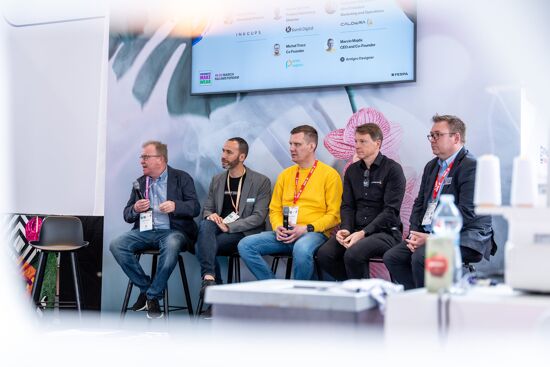Is plastic packaging really on the out?

Laurel Brunner discusses how big brands such as M&S are becoming more environmentally conscious and therefore are currently looking for alternative to plastic.
Plastic packaging is changing at breakneck speed. Reduction in its use is high on the European Union’s (EU) agenda and big brands are looking for alternatives. They need to satisfy environmentally aware shareholders and customers and find alternatives to plastic packaging. But none of the steps taken so far is quite so radical or so expensive as Marks & Spencer’s (M&S) latest plan. It’s going to impact packaging converters both in the UK where it is being trialled over three months, and in other M&S locations around the world if it gets fully rolled out.
In its trial M&S is replacing packaging on 90 lines of loose fruit and vegetables with no packaging at all. Instead it will have available live action green grocers, people with pulses as it were. They will assist customers with their vegetable purchases, and along with cooking tips and storage advice, will provide compostable punnets for the more delicate fruits and veg. The rest will just go straight into a shopping bag and there will be no “best before” dates. How radical is that? Well not really, although it’s pretty dramatic for the 21st century. For those who remember shopping in the high street or village shop, this approach to service is a step back in time to a less overly engineered and packaged age. For younger generations it will be a novelty and a salve to their consciences. Hopefully people will respond positively, and M&S will get a return.
This is a serious matter both environmentally and for retailers who may want to follow suit. It is eminently sensible to revert to a packaging model that is neither excessive or over-engineered, and to using packaging only when necessary. It’s a sensible approach based on environmental realities as well as the practicalities of packaging and customer expectations. If other food retailers take the M&S lead, we can expect a profound drop in the amount of packaging waste and also in printed packaging volumes. Gloomy as it looks for graphics professionals, the trend away from excess packaging might create new opportunities. There’s the obvious, such as for signage or storage and cooking guidance that doesn’t rely on plastic. Less obvious is wrapping sheets and paper bags printed with bar codes and branded for different fruits and veg. Add nutrition info and recipe ideas and you’ve got a whole new printed packaging format. Link it to ideas sharing on social media and the picture looks even rosier.
For those members of the packaging community who have thrived on packaging every vegetable in sight, from potatoes to avocados, it’s time to look ahead. The M&S move may backfire but it’s just a matter of time before packaging gets reinvented along more sustainable lines and without the plastic. Better to have it all wrapped up in advance than to be left behind.
Source: This article was produced by the Verdigris project, an industry initiative intended to raise awareness of print’s positive environmental impact. This commentary helps printing companies keep up to date with environmental standards, and how environmentally friendly business management can help improve their bottom lines. Verdigris is supported by the following companies: Agfa Graphics, Spindrift.click, EFI, FESPA, HP, Kodak, Kornit Digital, Ricoh, Splash PR, Unity Publishing and Xeikon.
Topics
Interested in joining our community?
Enquire today about joining your local FESPA Association or FESPA Direct
Recent news

Are analytics services worthwhile for wide format printing?
Nessan Cleary shares how press manufacturers are increasingly offering machine analytics services and shares if these are good value for money in the wide format sector.

Smart factories and customisation technology explored at Personalise Make Wear 2024
FESPA's Textile Ambassador, Debbie McKeegan speaks to industry specialists at Personalise Make Wear at Personalisation Experience and Sportswear Pro 2024 held in Amsterdam. Each day of the exhibitions Debbie hosted a fire-side chat with these specialists to discuss various industry topics. During this Fire-side chat with Antigro, Caldera, Print Logistics, Inkcups and Kornit Digital they discuss the role of digital technologies in personalisation, reshaping the supply chain, the future of manufacturing and more.

The pros and cons of Digital Signage and Printed Signage
Sonja Angerer discusses the pros and cons of both digital signage and printed signage. Current developments such as artificial intelligence and spatial computing are changing the situation once again. How will this shift affect printers?
